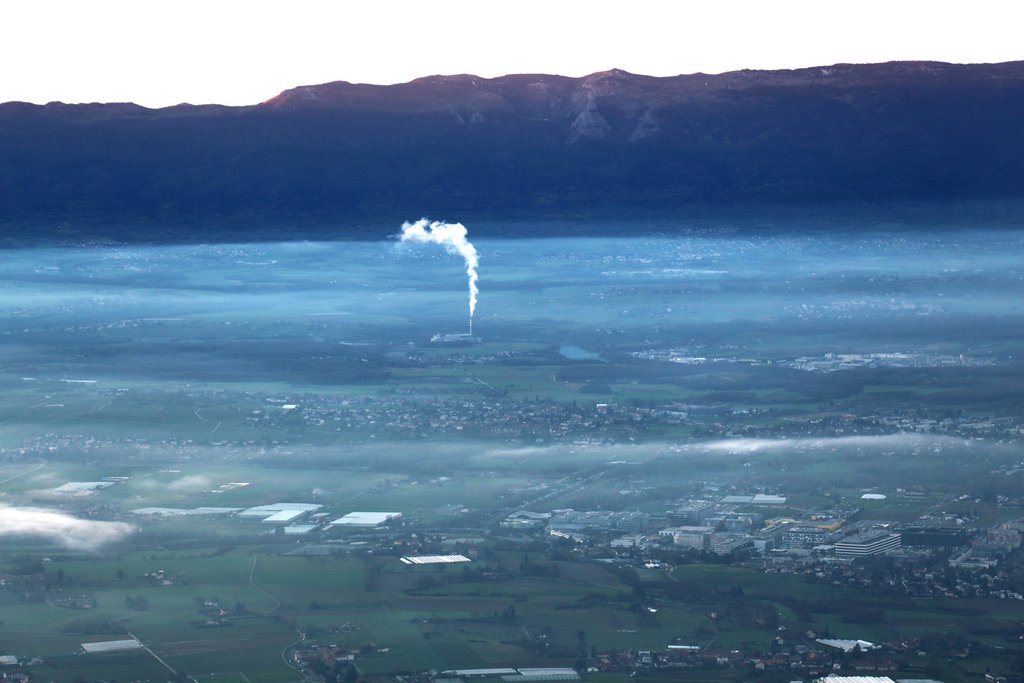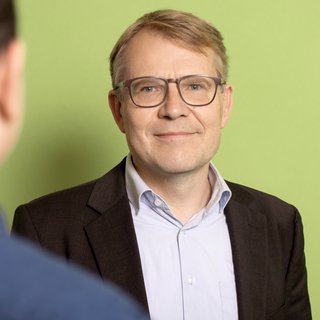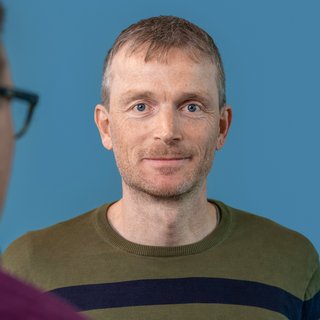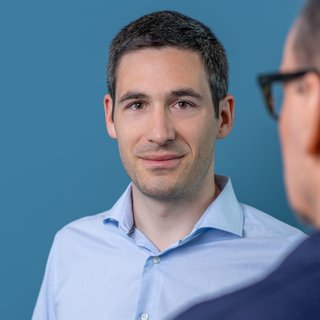Whether it's capturing and removing CO2 emissions or circular economy: various ways are being sought to reduce emissions that are difficult to avoid. Addressing hard-to-abate emissions is crucial for Switzerland to achieve its net-zero target. INFRAS is involved in a research consortium that aims to make solutions concrete and scalable.

Switzerland must reduce greenhouse gas emissions in all sectors as much as possible in order to achieve its net-zero climate target by 2050. However, despite climate protection measures, industry and agriculture will continue to emit emissions that are difficult to avoid.
As part of the SWEET funding program and in collaboration with the Federal Office for the Environment (FOEN), the Swiss Federal Office of Energy (SFOE) has launched a call for tenders: It explores the question of how these difficult-to-avoid emissions can be further reduced through technical, economic, and social measures. The project has been awarded to the ACHIEVE research consortium, of which INFRAS is a member.
Looking for concrete solutions and scalability
The research consortium is tasked with developing pathways to establish and operate infrastructure for the capture or removal, transport, and permanent storage of carbon in products or geological storage sites (carbon capture, utilization, and storage, CCUS, or negative emission technologies, NET). It will also investigate which utilization methods can best contribute to the net-zero goal in Switzerland, and how hard-to-abate emissions can be avoided through the principle of circular economy or other approaches. Finally, it will show how the proposed concepts can achieve the necessary scale from 2030 onwards.

« Reducing emissions that are difficult to avoid can only be achieved if science, policy, and business act together and combine their efforts. »
INFRAS part of a broad consortium
The research conortium will start at the end of 2025 and run for six years. INFRAS is involved in several work packages of the project. The focus is on the development of concrete policy measures with industry and public administration and the transfer of knowledge to federal and cantonal policy.
«Close communication with the relevant stakeholders at the science-policy interface are central to our work,» says Nicolas Schmid, senior project manager at INFRAS. «Reducing emissions that are difficult to avoid can only be achieved if science, policy, and business act together and combine their efforts.»
The consortium is led by Empa. Other members are ETH Zurich, the Paul Scherrer Institute (PSI), the Swiss Federal Institute for Forest, Snow and Landscape Research (WSL), the Universities of Geneva and Berne, the University of Applied Sciences of Southern Switzerland (SUPSI), the Risk Dialogue Foundation and TBF+Partner AG. The consortium also collaborates with other partners from the research community and the public and private sectors.
Further information:




